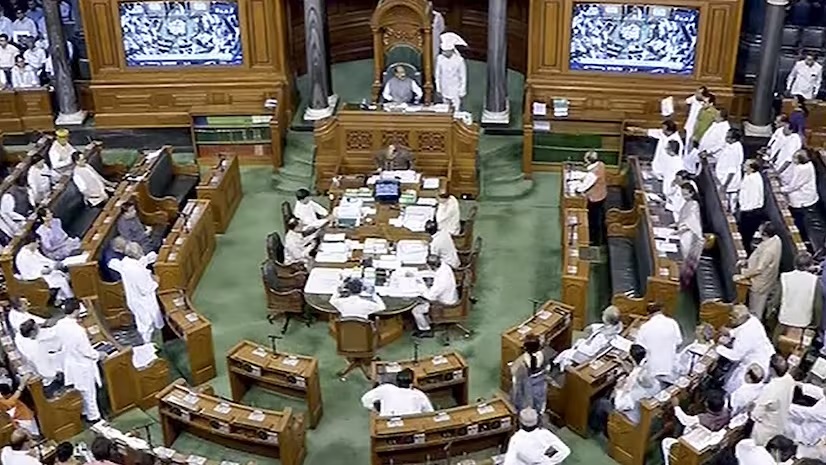12 re-elected MPs between 2004-19 have criminal cases’
- A total of 12 out of 23 Members of Parliament re-elected from 2004 to 2019 have criminal cases against them, according to a report by the Association for Democratic Reforms (ADR) and National Election Watch.
Key Highlights
- Nine of the 12 face serious charges such as murder, attempt to murder and dacoity.
- The report was prepared after an analysis of the self-sworn affidavits of 23 re-elected MPs from 2004 to 2019.
- Of 17 BJP MPs who were re-elected, seven (41%) had criminal cases against them and all three Congress MPs re-elected faced criminal cases.
- The lone re-elected MP from the All India Majlis-e-Ittehadul Muslimeen (AIMIM) had a criminal case against him as did the MP from Shiv Sena.
- Four of the re-elected MPs had declared their educational qualifications to be between Class 10 and 12 while 18 have declared educational qualification of graduation or above and one re-elected MP is a diploma holder.
Judicial Measures against criminalisation of politics
- In 2002, Supreme Court gave a historic ruling in Union of India (UOI) vs. Association for Democratic Reforms that every candidate, contesting an election to the Parliament, State Legislatures or Municipal Corporation,
- Has to declare their criminal records, financial records and educational qualifications.
- In 2005, the Supreme Court in Ramesh Dalal vs. Union of India held that a sitting t (MP) or (MLA) shall also be subject to disqualification from contesting elections
- If he is convicted sentenced to not less than 2 years of imprisonment by a court of law.
- In 2013, in Lily Thomas vs. Union of India, the Supreme Court held that Section 8(4) of The Representation of the People Act, 1951 is unconstitutional
- Which allows MPs and MLAs who are convicted to continue in office till an appeal against such conviction is disposed of.
- In 2013 in People's Union for Civil Liberties vs. Union of India case Supreme Court
- Asked Election Commission to provide 'none of the above' choice to voters to exercise their right to express no confidence against all candidates in fray.
- In 2014 Supreme Court recommends to PM/CMs not to include persons, against whom charges have been framed in serious offences, in their council of Ministers.
- In 2016, Supreme Court refers to 5-judge Constitution bench whether framing of charge in heinous crimes against an MP or MLA would disqualify him.
- This also meant whether a person against whom charges framed in serious offences be debarred from contesting elections
Prelims takeaway
- Association for Democratic Reforms
- MP, MLA


